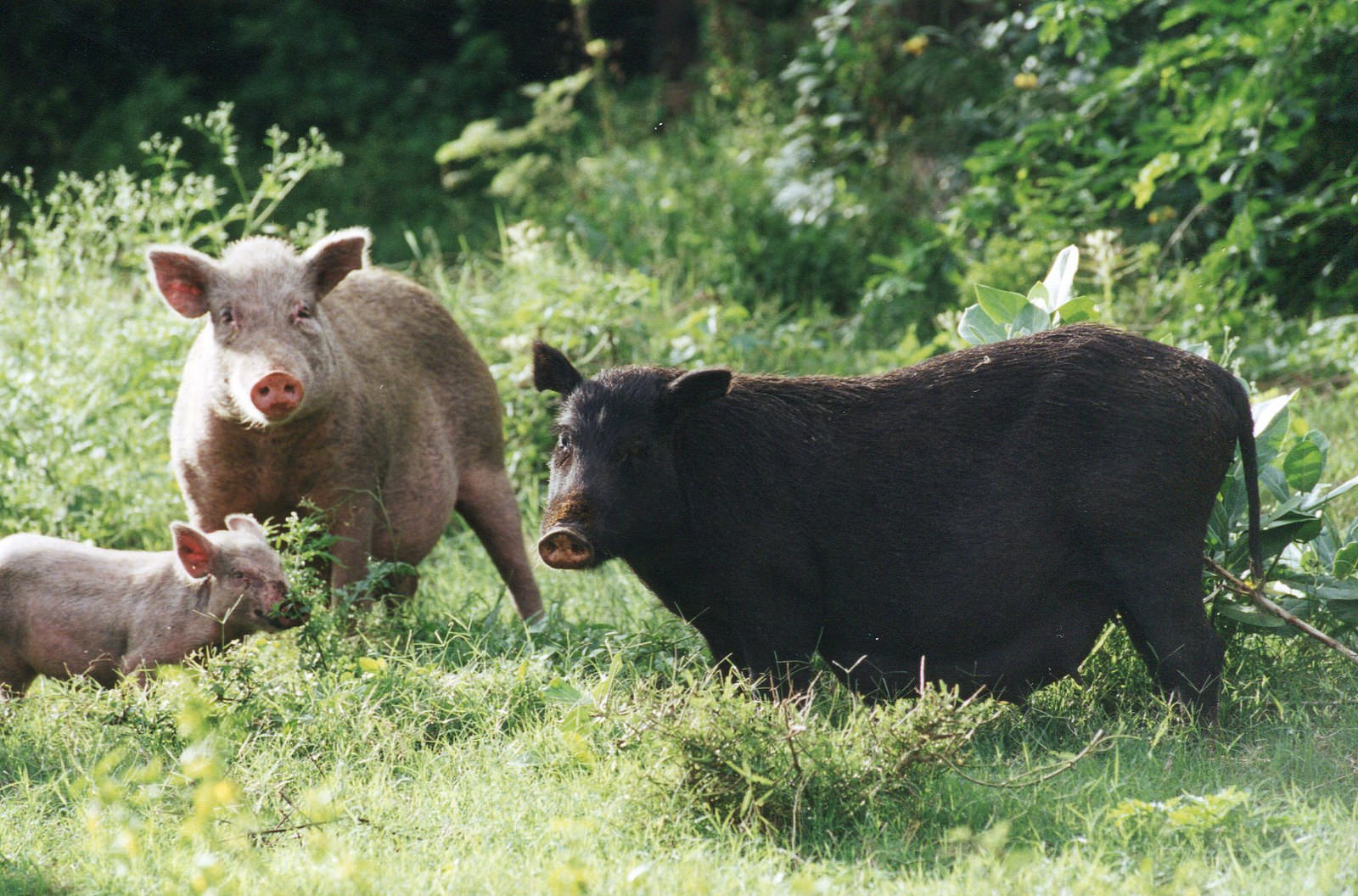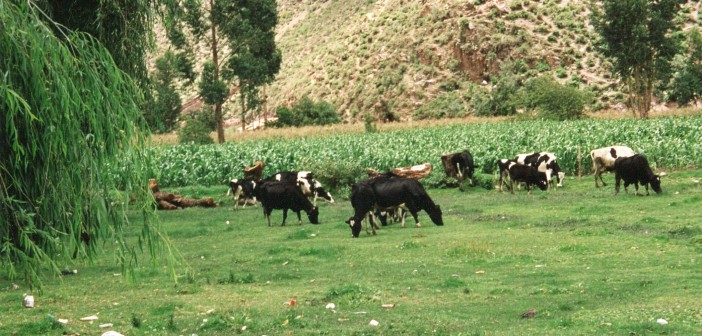(Photo credit: Kim Bartlett – Animal People, Inc.)
Witnessing the hellish treatment animals have gone through is highly distressing, with the suffering caused by lack of respect towards non human animals, which takes many forms. One of the most major is the demand for meat worldwide. Yet a significant reduction in meat intake is not a simple societal shift, considering how deeply rooted the practice is.
Given how entrenched meat eating practice is, a well thought approach would result in better winning and retaining aspiring individuals into an animal friendlier diet. This article will illustrate the possible situations encountered during the conversion process towards a vegetarian/vegan diet that may serve as considerations in the making of a diet change proposal.
Commonly the investigation videos are the most impactful in convincing someone of their contributions to the demand for meat, and inspire many to shift to an animal friendlier diet. In taking the steps to a diet shift, the most common challenging situations are, from the easiest to the hardest (arguably):
The first and most immediate comes from the internal self, as the process to internally accepting the new diet requirement involves appetite management and adaptation of the body system. This includes welcoming new tastes and numbing out the taste which used to be considered as appetising, including adapting the body to get used to operating with the new type of food.
The second challenge comes from the external environment, a.k.a the people we interact with. The new diet brings challenges as it affects one’s social dynamic. Having a different diet compared to most people means we require our surroundings to also consider our diet requirement, which is another load to carry within our relationships. Note that food plays a highly important role on how we socialize, often manifested into different type of occasions, e.g. business lunch, dinner date, family dinner, etc. Commonly food is eaten three times a day and is often shared, is considered an enjoyable experience and is a together type of activity, making it a perfect tool for bonding. Having a different type of diet causes strain on group dynamics, and may lead to different types of social issues as shaming and bullying, for instance. This will require a person to be internally strong and prepared for being different.

Photo credit: Kim Bartlett – Animal People, Inc.
The third challenge comes from the societal system we live in, which is commonly not designed to accommodate a vegan/vegetarian diet. For example it is fairly easy to become a vegetarian in India, since it’s widely recognized culturally, but not a vegan because veganism is not commonly taken into consideration within Indian society, for example where ghee is commonly used in cooking. The challenge occurs when the different type of diet is practiced in a society where the concept of vegan/vegetarianism is alien. To practice the alien diet means sacrificing practicality within the already established system. To swim against the current means daily (!) extra effort to day to day eating – an often overlooked simple and practical practice and this is a special kind of daily (!) strenuous activity by itself. As an illustration, it is comparable to a person sitting in a wheelchair needing a customized car to drive, but without widely available commercial cars taking the wheelchair situation into consideration, the particular need is not accommodated. The options are either not completing the task (driving) or customizing the car; and in the case of a new diet it is a daily customization which can be exhausting.
Apart from the taxing effort, overcoming the system too, requires dear financial sacrifices. The less options available, the more it costs to obtain a similar level of satisfaction and convenience compared to the majority common diet. With that being said, without a strong mental self will, it is significantly taxing to achieve the same level of convenience and dietary purity at the same time. Time is progressing though, with companies like Beyond Meat, funded by Bill Gates, aiming to replicate meat with plant based protein, helping to close the gap as we move into the future.
By understanding the layers of challenges we may better consider how to design an appropriate approach to win and retain individuals towards an animal friendlier type of diet.
Firstly, it is important to keep in mind that the impact for the animals comes from the volume of meat or animal products consumed or eliminated, not one’s personal purity. Remember that it is positive reinforcement that works, as in the approaches recommended in the references at the end of this article. Witnessing animal suffering is frustrating, but unfortunately human beings – good or bad – are protected by the law, and to win their commitment we need them to agree with the proposal, so we can not afford negative pressure (as from critical vegan police, for example that would rather discourage people to better themselves). More over, as not everyone is able to differentiate between an ethic’s value and the person behind it, a negative pressure may potentially hurt the movement itself.
Secondly, it is not realistic to put all the pressure on the aspiring individual in the expectation to convert and retain them within the movement. Rather, it is also important to encourage the environment (other people) and the society (the system) to be more accepting and accommodating (respectively) towards vegetarian/vegan diets, making an animal friendly lifestyle less costly, mentally and financially. By establishing a more vegetarian/vegan friendly environment, we will eventually attract, win and retain more followers and achieve a more impactful result by volume. This may sound like a chicken or egg situation, which is another matter by itself, but it should at least be understood whether it is wise to put all the burden of change solely on the aspiring individuals as there are other factors to take into consideration.
Further references:
Which Proposal Is The Most Effective To Change A Diet: Veganism, Vegetarianism, Eating Less Meat, Or Cutting Out Or Cutting Back On The Consumption Of Animal Products? http://www.animalequality.net/node/750
Some aspiring positive encouragements:
Why I’m Vegan [+ how you can be too]
Why I Went Vegan (My Vegan Story)






1 Comment
Excellent points made. It is essential to appreciate the reality that persuading a majority of people to simply reduce meat consumption will almost surely result in a greater and more rapid change for the better than attempting to increase the number of vegans, which is often a slow and difficult process for people and always something they must accomplish on their own.